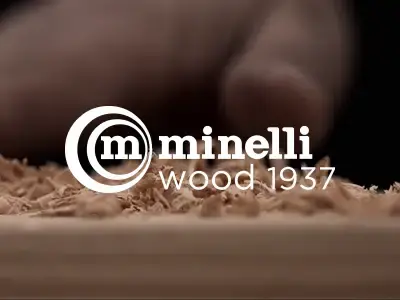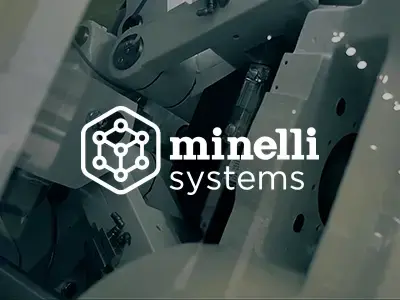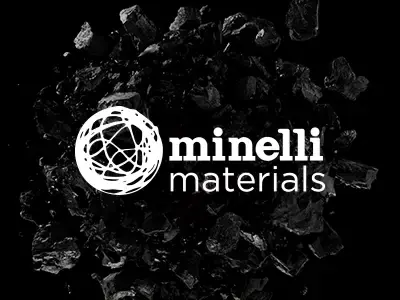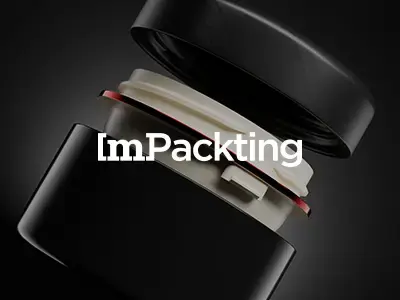 As the beauty industry grows, sustainability has taken center stage. Cosmetic packaging, once viewed as a mere necessity, now plays a pivotal role in shaping brand identity and environmental impact.
As the beauty industry grows, sustainability has taken center stage. Cosmetic packaging, once viewed as a mere necessity, now plays a pivotal role in shaping brand identity and environmental impact.
Consumers are no longer just purchasing products—they are investing in values. With eco-conscious shoppers demanding greener solutions, businesses have an opportunity to align their packaging strategies with the call for sustainability.
This article delves into how innovative, eco-friendly materials are revolutionizing cosmetic packaging and why embracing these changes is essential for the future of the industry.
The rising need for sustainable cosmetic packaging
The cosmetics industry generates substantial packaging waste, much of which ends up in landfills or the ocean. Plastics dominate this landscape, with their durability contributing to environmental pollution.
However, growing awareness of the environmental crisis has triggered a shift. Consumers are increasingly drawn to brands that prioritize eco-friendly cosmetic packaging designs, seeing them as a reflection of the brand’s commitment to a greener planet.
This demand for sustainability is not merely a consumer-driven trend. Governments worldwide are tightening regulations on packaging waste, pushing businesses to innovate. From reducing single-use plastics to integrating recyclable materials, companies that adapt quickly can gain a competitive edge while making a positive impact.
.jpg?width=500&height=334&name=_DSC9959%20(1).jpg)
Innovations in eco-friendly cosmetic packaging
Biodegradable materials
One significant advancement in sustainable cosmetic packaging is the rise of biodegradable materials. Derived from renewable sources such as cornstarch or sugarcane, these materials decompose naturally, leaving behind no harmful residue. Polylactic acid (PLA), for example, is now used for containers, while bagasse, a sugarcane byproduct, is being fashioned into sturdy yet compostable packaging. These materials offer a practical solution to reduce long-term waste.
Upcycled wood
Upcycled wood is emerging as a premium choice for sustainable cosmetic packaging. By repurposing wood scraps from industries like furniture manufacturing or forestry, this approach minimizes waste while creating elegant packaging components such as bottle caps, compact cases, and decorative boxes.
The natural texture and aesthetic appeal of upcycled wood make it ideal for brands seeking a luxurious yet eco-friendly image. Durable and reusable, it aligns with circular economy principles, reducing reliance on virgin resources. Upcycled wood not only enhances sustainability but also adds a distinctive, organic touch to cosmetic products.
.jpg?width=500&height=334&name=3-_DSC6201%20(1).jpg)
Plant-based innovations
Plant-based materials are emerging as game-changers in the quest for sustainability. Bio-plastics made from corn or cassava serve as greener alternatives to conventional petroleum-based plastics. Similarly, advances in paper-based packaging, enhanced with coatings derived from natural sources, have opened new possibilities for housing creams, powders, and other products. These materials offer a balance of durability and environmental responsibility.
Refillable packaging systems
Refillable packaging has gained momentum, offering a solution to combat single-use waste. Brands are introducing sleek, durable containers designed for long-term use, with refill cartridges or pouches to replenish the product. This model not only reduces waste but also fosters customer loyalty, as consumers return to refill their favorite products rather than discard empty containers.
Challenges in adopting eco-friendly packaging
While the benefits of eco-friendly cosmetic packaging are clear, implementing these solutions can be challenging. Many sustainable materials come with higher costs compared to traditional options like virgin plastics, which can be a deterrent for brands, especially smaller businesses working with tight budgets. Establishing reliable supply chains for eco-friendly materials at scale also poses logistical challenges, further complicating the transition to greener alternatives.
Balancing functionality, sustainability, and visual appeal is another hurdle. Cosmetic packaging must protect the product effectively while enhancing its aesthetic appeal, which is critical in an industry where presentation plays a key role in consumer decision-making. Developing solutions that meet these demands often requires additional investment in design and innovation.
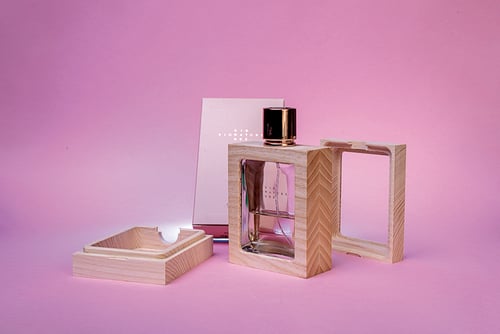
However, wood as a packaging material addresses many of these challenges, offering both practicality and elegance.
Wood is highly cost-effective because, unlike materials such as plastic or metal, it doesn’t require expensive molds for shaping. This reduces manufacturing costs significantly, especially for small-batch or bespoke designs, making wood an accessible choice for both large and small brands.
Beyond its cost benefits, wood is also highly sustainable. It is a renewable resource that can be sourced responsibly, and its biodegradability ensures minimal environmental impact. Upcycled wood, in particular, repurposes materials that would otherwise go to waste, contributing to a circular economy and reducing reliance on virgin resources.
What sets wood apart is its natural aesthetic appeal. Its unique textures and warm, organic look elevate the visual experience, making it ideal for premium or artisanal cosmetic packaging.
Wood conveys sophistication and sustainability simultaneously, aligning with the values of eco-conscious consumers who prioritize both functionality and style.
By leveraging wood, brands can overcome cost and design challenges while creating packaging that is not only eco-friendly but also visually striking, providing a distinct edge in the competitive cosmetics market.
The shift toward sustainable cosmetic packaging it’s essential. As consumers demand eco-friendly solutions, brands have a unique opportunity to lead by example.
Minelli S.p.A. is known all over the world for its innovative, elegant, and perfectly made wooden products, which are created respecting all the rules as well as the parameters dictated by the market, with great attention to sustainability.
If you are looking for sustainable cosmetic packaging, do not hesitate to contact us!
